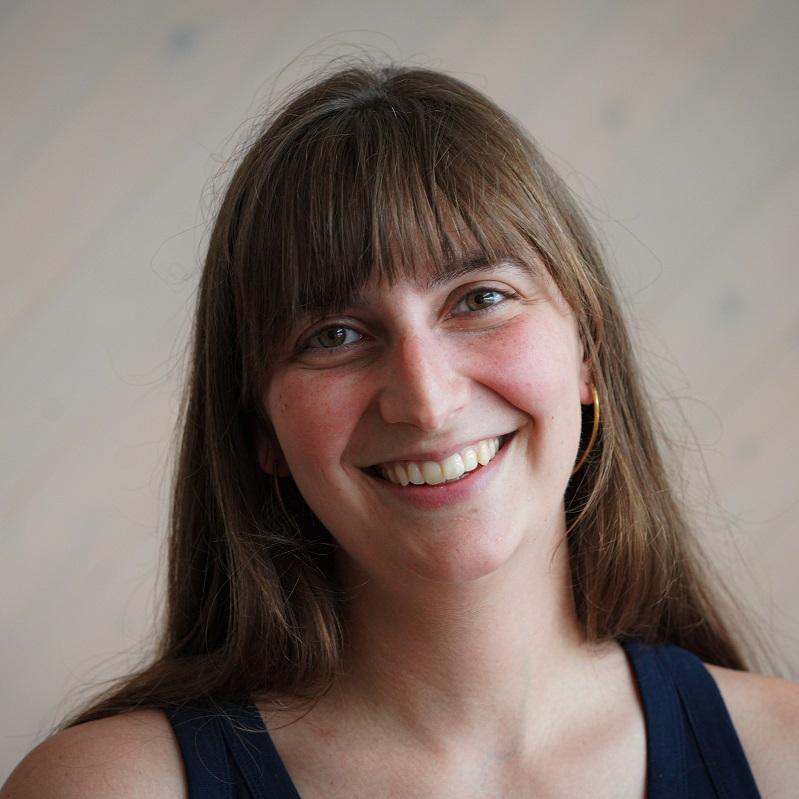
School music programs are vulnerable. Arts programs and electives can be the first thing on the chopping block when budgets shrink. Small schools often have the most difficulty holding on to their music programs.
But kids in Karval, a small community on Colorado's eastern plains, still learn to play an instrument.
Ryan Clark is the band teacher at Karval School, where there are fewer than 50 students in preschool through 12th grade.
“We really are in the middle of everywhere. Not nowhere, but everywhere. Because we have to drive to get anywhere,” Clark says.
Karval is a rural community where many kids participate in agricultural programs like Future Farmers of America and 4-H. Music has also long been a priority in Karval.
“It makes you a better person,” says sixth grader Alexa Nelson. “It makes you more creative, you can see more stuff clearly.”
The Nelson family drives 40 miles to get to school every day. Michelle Nelson, the mother of the family, says one of the reasons they come all the way to Karval is the music program.
“When we have concerts, you have people that haven’t had kids for years that come in and sit through the concert and support the kids,” Nelson says.
Nikki Reid graduated from Karval School and now her kids take lessons in the music program. Nikki told us music has always been meaningful in Karval.
“It’s important that our kids get to play the same music we did in high school,” Reid says. “Everybody has heard ‘We Will Rock You’ or Pachelbel's Canon and so it ties the generations together.”

In addition to teaching band, Clark is also the school guidance counselor and social studies teacher. But she says that teaching band is a big part of what makes her job unique.
“We are one of the only school districts left that have, actually, preschool through 12th-grade music,” Clark says.
In Karval, preschoolers start learning music in choir. Students then learn simple instruments like recorders in first and second grade. The young musicians then get to choose an instrument to play in third or fourth grade.
Nikki Reid says that moment is a big deal.
“We look forward to that year our kids get old enough they get to start playing an instrument. We get to shut the door on them at home while they’re trying to squeak out the clarinet, or whatever,” Reid says, laughing. “Everybody looks forward to that. It’s a topic of conversation for the little kids.”
Reid’s daughter, Maggie, plays the trumpet in the joint middle school and high school band. According to Maggie, it’s the best part of her day.
“I like everything about band. It’s just so much more fun than sitting in a classroom and doing math problems,” Maggie says.
But the school trumpet Maggie first played was temperamental. And that wasn’t uncommon for the instruments at Karval School.
Some of the school's older instruments have been used for more than 30 years, Clark says.
“As a teacher you see that and you know you have to provide more,” she says.
That’s what prompted Clark to apply for Bringing Music to Life: a statewide instrument drive that collects gently-used band and orchestra instruments to give to schools in need.
Karval School received eight instruments in mint condition. One of them is the trumpet Maggie Reid plays.
“I love my new instrument. It’s so much easier to play. It’s nice to not have to reassemble my trumpet every time I play,” Maggie says with a laugh.
Emily Nelson, a ninth grader at Karval School plays the bass clarinet. She says the school instruments need fixing every so often.

“It’s pretty awesome some people decided that the instruments that are sitting in their closet, gathering dust, can be used for someone else’s learning experience,” Emily says.
For band teacher Ryan Clark, budget restrictions on her small band program don’t feel as big anymore.
“You know, with this opportunity, it could really help us better our music program for years to come,” Clark says, “Our music program’s going to be here for a long time.”
The Bringing Music to Life 2017 Instrument Drive runs through March 25. Find more information about donation locations, the instrument repair fund, and applications for schools.









